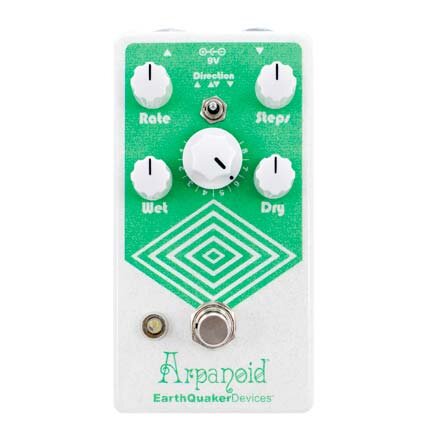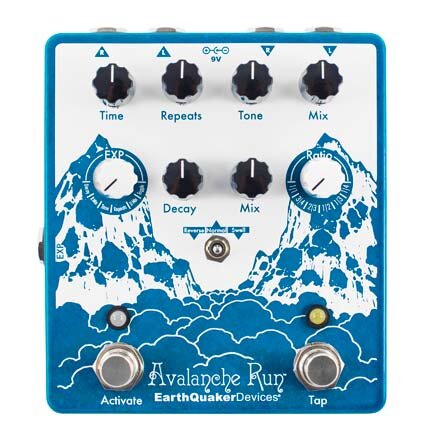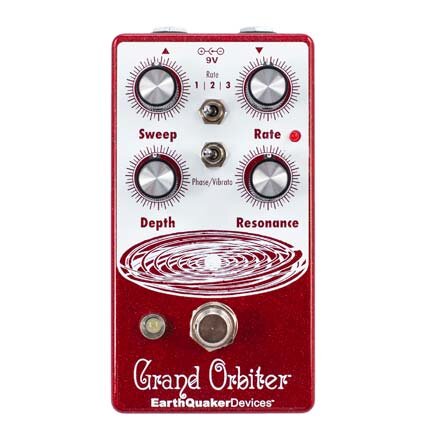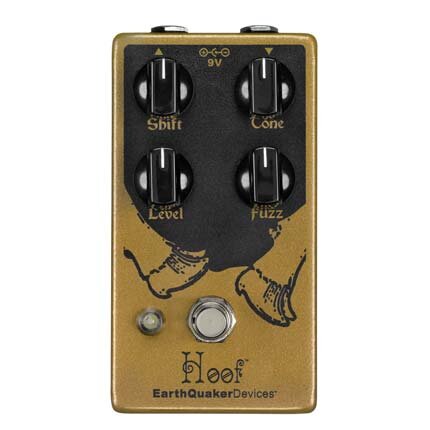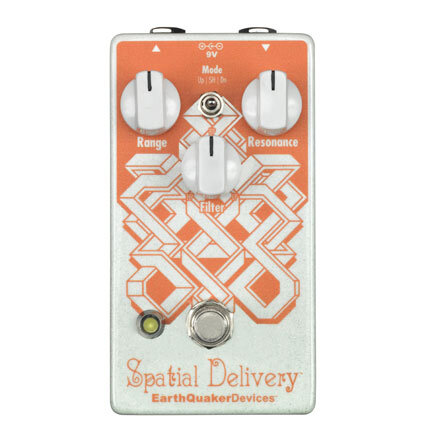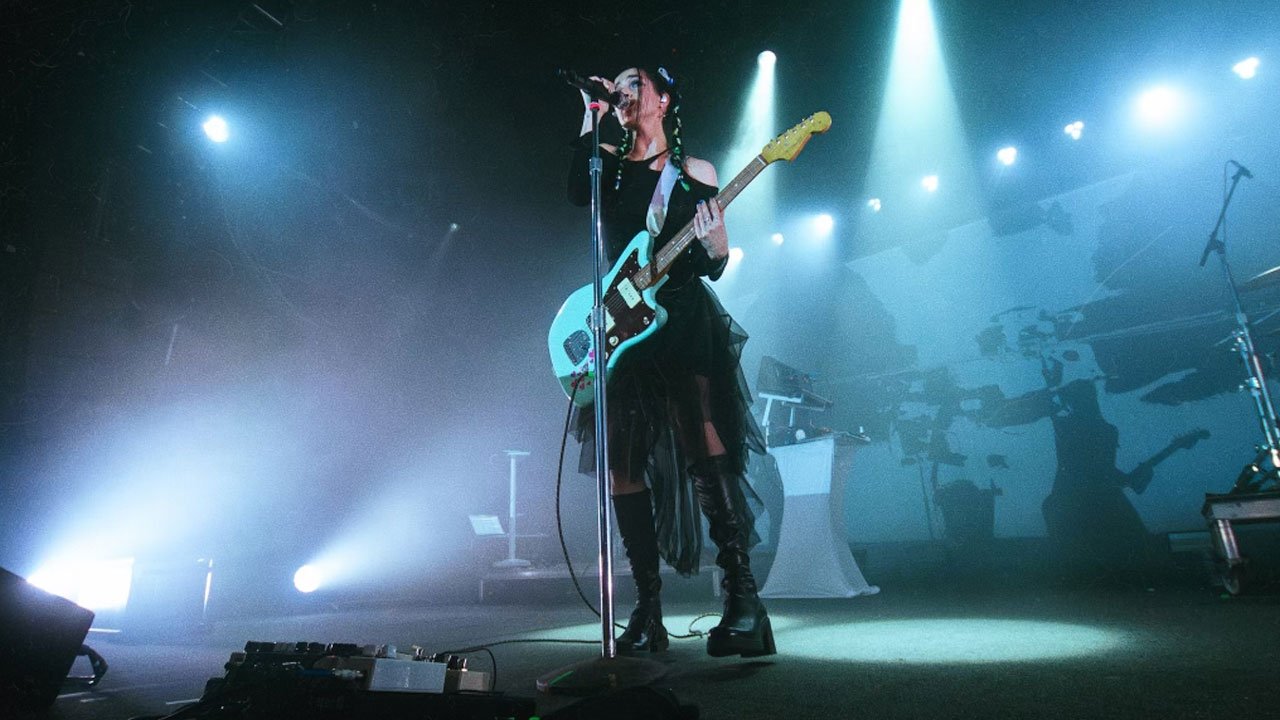Angie Swan: Electricity in Motion
E.E. Bradman
Most American musicians are tied to the East Coast, the West Coast, or the swath in the middle, but Angie Swan knows all three - and a chunk of the rest of the world - better than most. Born and raised in Milwaukee, Wisconsin, the ’80s baby and Berklee alum has performed with Cirque du Soleil throughout the U.S. and Canada, lived briefly in France, toured Asia with Fifth Harmony, and gigged in India; her recording credits include Terri Lynne Carrington and Kelly Rowland, and she has shared the stage with Will.i.am, Nicole Scherzinger, Boney James, Adam Lambert, and Alana Grace. (Check YouTube for her blazing performance with En Vogue at this year’s Billboard Music Awards.) We caught up with her as she rode out the pandemic in New York City and reminisced about her Broadway stint last year with David Byrne, an event captured in dazzling style by Spike Lee for David Byrne’s American Utopia, now on HBO.
Angie Swan: One of my former professors at Berklee wrote me on Facebook, saying, “‘This artist’ is looking for a guitar player, but you have to be in New York.” And I'm like, “Well, I'm in Wisconsin. Who is this person?” “David Byrne.” “Oh, okay!”
E. E. Bradman: Were you on the next plane to New York?
AS: I sent in an audition video and he liked the video, so I flew there and met him in person - this is back in 2017 - and he asked me if I was interested in the gig. We rehearsed for an entire month, February 2018, in New York and then we started the world tour in South America. We toured for about ten months, took a nine month break, and then the show went to Broadway last fall.
EB: Did you play every Broadway performance for 20 weeks?
AS: Oh, yeah. We had no understudies because there are very specific parts. I guess it would’ve taken a hell of a lot of training to prep understudies. You’d have to dance, sing and play your instrument.
EB: What kind of training did you get?
AS: We were trained to dance by choreographer Annie B. Parson. It was cool how she was able to create choreography that wouldn’t interfere too much with our instrument playing. The band was a very tight unit offstage, which developed after the ten month world tour, and I feel like that camaraderie translated to the show. We're all different personalities, but we're a strong unit, backing up David and supporting him. It's a diverse group of people, which wasn’t an accident, and that was really the backbone.
EB: What does the phrase “American utopia” mean to you?
AS: American utopia is not a reality right now. And it's going to take a lot of humility and self-reflection from everyone to actually become a reality.
EB: The diversity among the performers in the show is certainly one idea of utopia.
AS: We want to get to a point where what you see onstage is what you see backstage or what you see behind the scenes, which is not the way it is. The higher up you go, the whiter it is, and until that changes, I don't think a utopia in America will be completely realized.
David brought on a diverse group of people, but keep in mind, he's very inspired by Black and Latin music. So he's bringing people of color to play music made and inspired by people of color.
EB: Right from the early days, he was so influenced by African rhythms.
AS: And look at Stop Making Sense - it’s Talking Heads plus Bernie Worrell [on synthesizer] and Alex Weir on guitar, among others. There would have been no Stop Making Sense without Black people onstage. So again, it's a collaboration, and he’s paying credit where it's due.
EB: Beautiful. For would-be pros who aspire to do what you do - play with En Vogue one day and David Byrne the next - what does it take to get those high-level gigs?
AS: First of all, you have to be easy to work with, and that doesn't mean being taken advantage of. There are two types of people in this industry, doormats and matadors, and you have to really know your worth and stick by your word. As a Black female in this industry, it’s difficult to be taken seriously; we’re looked at as a novelty. For me, it’s important to keep fit when it comes to playing and just be very versatile.
EB: How do you develop a signature thing that gets you hired while also staying flexible enough to morph into each situation?
AS: Listen to lots of different types of music. Listen to stuff you don't like and figure out why you don't like it. Trade ideas with friends. Just be open to things.
EB: Do you have a genre that feels like home?
AS: I'm not a master of anything, but I try to be a jack of all trades, stylistically and tonally. With David’s music and the Talking Heads catalog, I listened to each song and asked, what guitar was used on this? Which pickups were used in this song? What type of amp? Which effects? I took notes, and when it came to program the Kemper amps we used [on Broadway], my tech and I sat and worked it out.
EB: You have a soft spot for the Avalanche Run, right?
AS: Oh, yeah. For years I was using the Boss DD-5, which I still love, but it's old and I worry that it might not work one day. The Avalanche Run has stereo delay and reverb, plus the combination of the two. All the EarthQuaker pedals are just so versatile, and I can spend hours geeking out. I'm always switching pedals around on my pedal board, and it always looks like crap [laughter].
EB: You’re messing with your pedals during quarantine?
AS: I haven't been playing out much recently, obviously, so I sit at home moving stuff around a lot. I just really like the ambience I'm able to get from the Avalanche Run, especially with the expression pedal. I like really crazy sounds because I like it when my guitar doesn't sound like a guitar.
EB: So you’re into pedals like the Arpanoid, right?
AS: Oh, yeah! I like the Hoof, too. I used to have a Big Muff back in the day, and I felt like the Hoof has that same sound—nice, big, thick fuzz.
EB: I notice that you don’t use a ton of pedals.
AS: All I want is delay, distortion, and…sometimes, that's pretty much it! I went from no pedals to a DOD Punkifier and then a wah pedal, but as I’ve grown, I’ve gotten into more psychedelic stuff like a DOD envelope filter and then the Spatial Delivery, which has the filter sounds I like, but also sample and hold.
EB: What’s up with the Grand Orbiter?
AS: I'm a huge fan of Prince, and he always used the Boss phase (or flange, mostly), which is a sound I get with the Grand Orbiter. I can sit around for hours messing with this stuff.
EB: It's crazy to think that you won’t be onstage with your pedals anytime soon. What are your feelings about the future of touring?
AS: I think it's going to be a long time before people are comfortable going to shows. Resident shows might start again, but I don't think touring shows will come back anytime soon, if at all. Take Cirque du Soleil, for example. Each of their shows has people from a plethora of different countries, and with that much movement, quarantining is just not possible right now. Arena shows? Probably years down the line. It's about having to reinvent. This is a time for people to become creative - you have to really step up your game with online shows.
EB: So how are you staying sane during these times?
AS: It's just been about breathing. I think we’re all kind of in a moment of shock. I've been meditating a lot, not freaking out about things I can't control, and just taking it day by day…I’m not being hard on myself, and I’m trying not to be hard on other people. That’s been my mantra.
E.E. Bradman is a word nerd and music journalist, Grammy-nominated bass fanatic, stage/studio/touring musician, and musical midwife for childbirth and the dying. Currently based in the Bay Area, he designs sonic environments for theater, film, animation, audiobooks, and radio plays. Stop by and say hi at eltonsounds.com!



